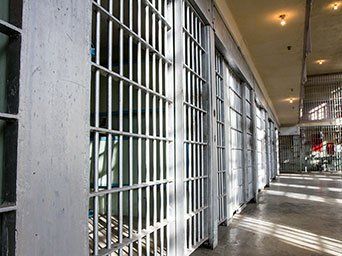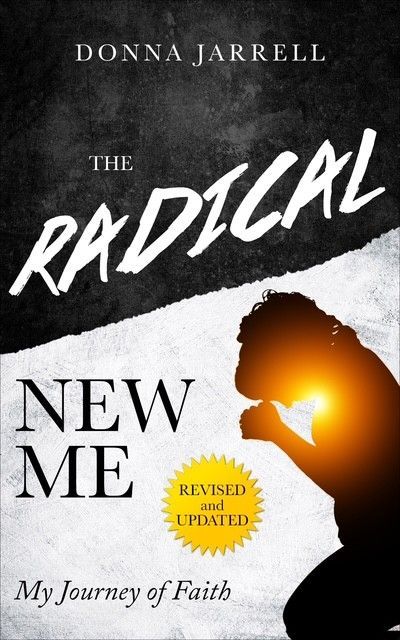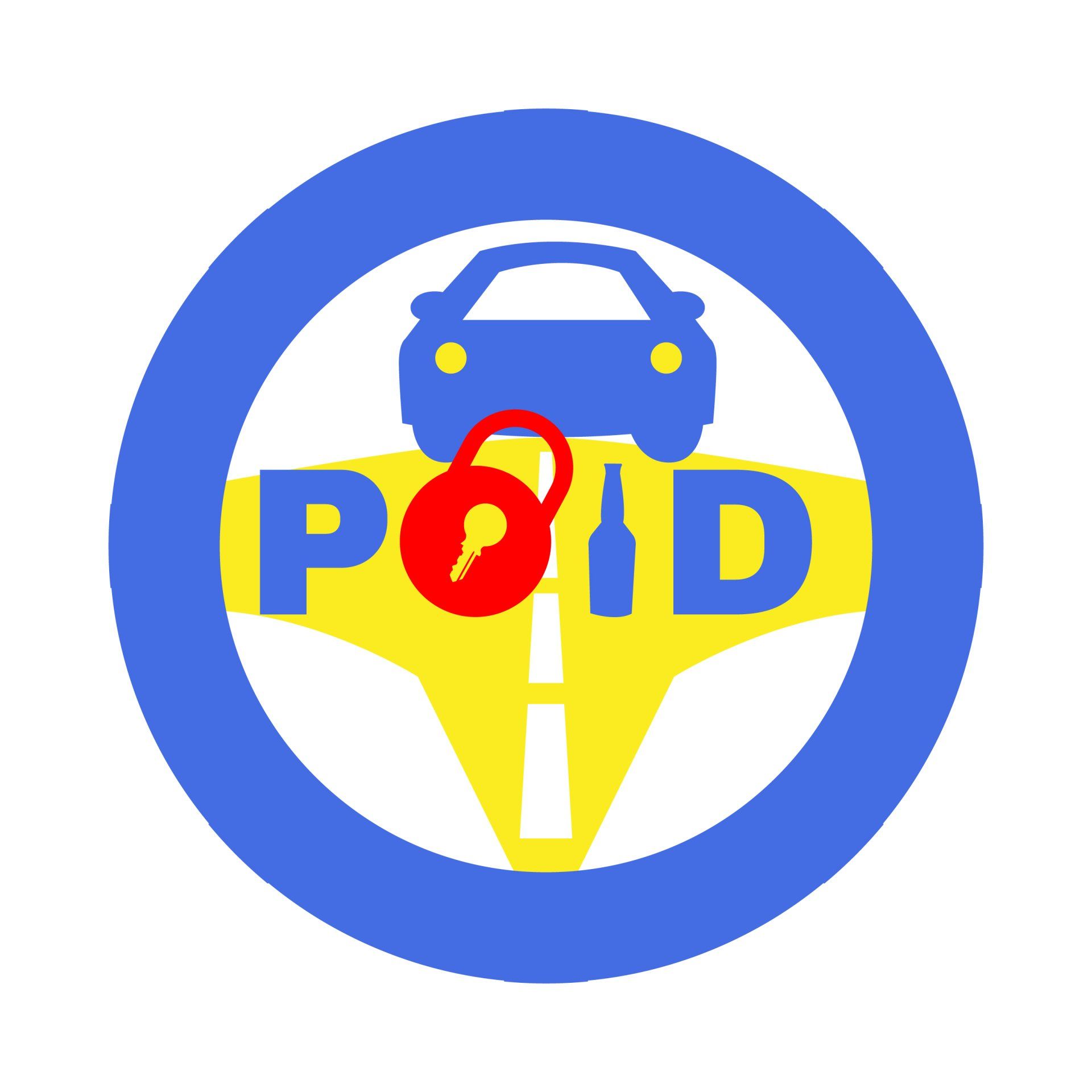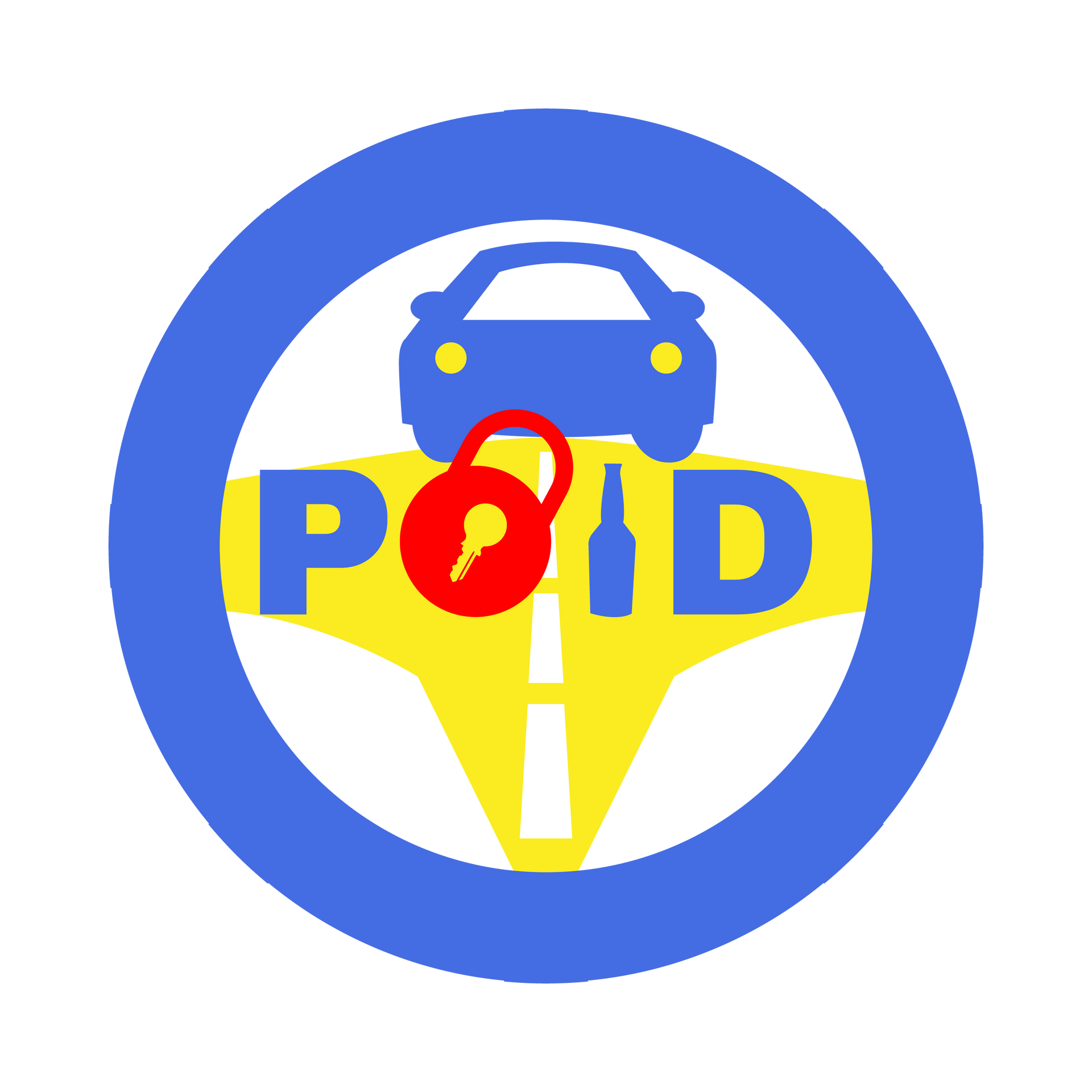Carrying the Torch of Reform
SC DUI REFORM VIDEO
STATUS of S.192 SC DUI REFORM BILL
Senator Adams S.192 DUI Reform Bill stated Felony DUI is not a no parole offense. This means it is not to be a violent offense and be changed like most every state to a nonviolent offense!
Change Felony DUI from 85% Rule
Recap of Answers Given
To Chairman Senator Campsen’s Question
At Judiciary Subcommittee S.192 on February 11, 2025
WHY IS IT IMPORTANT TO YOU THAT IT BE A NONVIOLENT OFFENSE?
Speaker Tammy Ackiss
Mother of felony DUI inmate – “Because it is unintentional…They didn’t mean to do it.”
Senator Tom Davis
“I think I can answer that in part too and I know Ms. Ackiss and her son and I visited him. It is because of what follows from that designation in terms of length of sentence, in terms of no parole, determines where you are housed and you are housed with the worst of the worst criminals and rapists and that’s the inequity here, not that there is punishment meted out, but that the punishment is meted out, and you are put with people who have the ‘Mens Rea’ in terms of wanting to rape and to kill and I think it is what follows from that designation that is the answer.
Note: Mens Rea refers to the intent with which the accused acted when committing his criminal act; the guilty state of mind of the accused while doing or planning to do the guilt or criminal activity.
Senator Stubbs
“I had actually looked it up and its 16-1-60 that defines violent crimes and the only other one that doesn’t have that kind of ill intent ‘Men’s Rea’ is hit and run resulting in death. The rest of them are bad stuff, not that this is not negating this, but there is a difference between someone that shoots someone and someone who got drunk and got behind a wheel.”
LET’S SAVE LIVES!!! We need to:
- Work on ways to lower the per capita instance of alcohol related deaths (South Carolina currently # 1 in the nation);
- Create an earlier and tougher intervention process with 1st, 2nd, 3rd, DUI’s…our current approach of waiting until there’s a death to get tough is sadly not working;
With a better and earlier intervention process, we can lower our per capita and also reduce the offender from violent to a nonviolent status.
South Carolina Code of Laws
Title 16 – Crimes and Offenses, Section 16-1-60
For purposes of definition under South Carolina law, a violent crime includes the offenses of:
- murder (Section 16-3-10); attempted murder (16-3-29);
- assault and battery by mob, first degree, resulting in death (16-3-210(B));
- criminal sexual conduct in the first and second degree (16-3-652 and 16-3-653);
- criminal sexual conduct with minors, first, second, and third degree (16-3-655);
- assault with intent to commit criminal sexual conduct, first and second degree (16-3-656);
- assault and battery with intent to kill (16-3-620);
- assault and battery of a high and aggravated nature (16-3-600(B));
- kidnapping (16-3-910);
- trafficking in persons (16-3-2020);
- voluntary manslaughter (16-3-50);
- armed robbery (16-11-330(A)); attempted armed robbery (16-11-330(B));
- carjacking (16-3-1075);
- drug trafficking as defined in 44-53-370(e) or trafficking cocaine base as defined in 44-53-375(C); manufacturing or trafficking methamphetamine as defined in 44-53-375;
- arson in the first degree (16-11-110(A)); arson in the second degree (16-11-110(B));
- burglary in the first degree (16-11-311); burglary in the second degree (16-11-312(B));
- engaging a child for a sexual performance (16-3-810);
- homicide by child abuse (16-3-85(A)(1)); aiding and abetting homicide by child abuse (16-3-85(A)(2));
- inflicting great bodily injury upon a child (16-3-95(A));
- allowing great bodily injury to be inflicted upon a child (16-3-95(B));
- domestic violence of a high and aggravated nature (16-25-65);
- domestic violence in the first degree (16-25-20(B));
- abuse or neglect of a vulnerable adult resulting in death (43-35-85(F));
- abuse or neglect of a vulnerable adult resulting in great bodily injury (43-35-85(E));
- taking of a hostage by an inmate (24-13-450);
- detonating a destructive device upon the capitol grounds resulting in death with malice (10-11-325(B)(1));
- spousal sexual battery (16-3-615);
- producing, directing, or promoting sexual performance by a child (16-3-820);
- sexual exploitation of minor 1st degree (16-15-395); sexual exploitation of minor 2nd degree (16-15-405);
- promoting prostitution of a minor (16-15-415); participating in prostitution of a minor (16-15-425);
- aggravated voyeurism (16-17-470(C));
- detonating a destructive device resulting in death with malice (16-23-720(A)(1));
- detonating a destructive device resulting in death without malice (16-23-720(A)(2));
- boating under the influence resulting in death (50-21-113(A)(2));
- vessel operator's failure to render assistance resulting in death (50-21-130(A)(3));
- damaging an airport facility or removing equipment resulting in death (55-1-30(3));
- failure to stop when signaled by a law enforcement vehicle resulting in death (56-5-750(C)(2));
- interference with traffic-control devices, railroad signs, or signals resulting in death (56-5-1030(B)(3));
- hit and run resulting in death (56-5-1210(A)(3));
- felony driving under the influence or felony driving with an unlawful alcohol concentration resulting in death (Section 56-5-2945(A)(2));
- putting destructive or injurious materials on a highway resulting in death (57-7-20(D));
- obstruction of a railroad resulting in death (58-17-4090);
- accessory before the fact to commit any of the above offenses (16-1-40);
- and attempt to commit any of the above offenses (16-1-80).
(Felony DUI does not belong on this list. There is no Intent.)
SC Twins Tell Their Tragic, Heartbreaking, Felony DUI Story
Kathleen’s Speech To SC Senate Judiciary Subcommittee Feb. 11, 2025 To Support S. 192
I am the face of the heartache for both sides of felony DUI.
I am the grieving mother to Jessie Yvonne Purser, our beautiful 13-year-old girl full of life. I am also the very concerned Aunt to Christopher Matthew Mullis who is serving two 12-year concurrent sentences at a very intense prison with very intentionally violent criminals. Matthew has never been a violent person. He loved his cousin Jessie so much and he would never intentionally hurt his cousin Jessie. Matthew has always been so protective of her. Jessie's family, extended family, and closest friends are extremely devastated by her loss and are all also very concerned for Matthew. Every time they call to check on us, they follow up by asking how Matthew is and to let him know we are praying for him. All are in support of Bill S.192.
The accident on June 3rd was very devastating for all parties involved. I know it was hard on everyone who was at the scene. Matthew was detained shortly after he ran to hold and comfort Jessie while her life was fading away in his arms. He had no idea she had even passed away until his mother told him on a phone call. He was asked to perform field sobriety testing at the scene and was then taken to the hospital, handcuffed to the bed, where no officers would even let us know his condition. Once taken to Moss, he was put in solitary where he sat for 4 days unable to shower, still wearing Jessie's blood on his body. No bond, No counseling, he just had to hide his feelings and learn to survive, because there is "no crying in prison". Unfortunately, most victims do not know the DUI felon and the families that are going through this tragedy with them. I'm guessing it's easy for them to hate them and have no feelings towards the extreme punishments for the felon.
In closing I would like to ask for your grace and to express to you that my nephew Matthew and the others did not act with any violent intent. They are devastated by their actions, compassionate to the families and extremely remorseful. Our sister state NC does not consider them violent offenders. They have eligibility for parole and good work and behavior credits, and their numbers are much lower than ours when it comes to felony DUI resulting in death or great bodily injury. They must be doing something right; Can we please get to their level and start by pushing forward bill S.192? Lastly, I would love to have help with being able to visit with my nephew. I was assured that I would not have any issue, but victims advocate still has a block on my name to where I was denied visitations. I feel for a part of both of our healing processes, Matthew and I just need to hold each other and talk with each other face to face so I can reassure him that I forgive and love him. Thank You so much for your time and for listening to me.
Sincerely,
Kathy Murray
Kelly’s Speech To SC Senate Judiciary Subcommittee Feb. 11, 2025 To Support S. 192
I shared with remorse about all the victims involved in our horrific family tragedy.
Some people may see my son for the one bad decision he made (on June 3, 2023, the decision to drink and drive. The decision he made that took the life of my sweet niece, his cousin, Jessie Purser and a man on the side of the road.) But, what if we all were defined as the worst mistake we ever made. What if we never forgave? What if we judged before we really knew? That's not the world I want my family to grow up in. Matthew isn't a bad person. He isn't a violent person. He isn't a cold hearted killer, a rapist, a child abuser, an armed robber. He didn't wake up and think, "who can I hurt today?" He woke up a 19 year old boy that just graduated high school with his whole life ahead of him, a day he had been wanting for so long. Two nights before the accident he told me his future plans. He wanted to join the military for structure and discipline and the schooling he could receive. He wanted a big chunk of land with a little house and a farm. We cried together, not out of sadness but out of joy, that he had a plan and he was going to make it happen.
My son, Christopher Matthew Mullis, is a kind, gentle, loving and remorseful young man. He pushed for a speedy resolution in his case, as to not drag it out so the families could heal. (He apologized to the mothers, to my sister and to me,) stating that if he could have taken their place he would. His lawyer told me that every time he would visit with him, (he would cry and ask about his best friend that was hurt and the little boy,) praying for their healing and forgiveness. Should there be consequences? Yes. Jail time? Yes. Rehabilitation? Most definitely yes. But locked away in a high security prison with rapists and murderers? Definitely not. I pray every day that he remains true to who he is and that he doesn't get hurt in there. He told me the other day that there are some inmates that are scary as hell, and this is in a character dorm. And, you have to be on good behavior to get into those but they also keep the scary ones in there too because they can't be in the population.
My son is NOT violent or a hardened criminal and shouldn't be classified as such. Matthew had no intentions to hurt anyone. (He made a terrible mistake which led to a terribly tragic accident.) No one can be accidentally violent. Felony DUI should be considered a NON-VIOLENT CRIME with the eligibility for parole and work/good behavior credits. These harsh sentences are not lowering DUI related deaths. My son and the others need hope and incentives to get a chance at parole and earn credits for their good behavior and their work. They can be rehabilitated and become productive members of our society. They can help and speak on what they have been through, bringing their truths out and educating others to not make the same mistakes they once did.
Sincerely,
Kelly Ann Caricari
Mark Kennedy, Dad of American Idol Contestant Caleb Kennedy, Speaks “Volumes of Truth” in Support for S. 192 DUI Reform Bill
Tammy Ackiss, Mother of a Drunk Driver, Shares Her Heartfelt Plea for Support of S.192 To SC Senate Judiciary Subcommittee On Feb. 11, 2025 To Help Them Better Understand Effects of Alcohol And Why SC Felony DUI Are Not Violent Criminals!
"A Very Touching Speech" From A Mother Of A Drunk Driver, Tammy Ackiss, Crying Out To SC Judiciary Subcommittee To Pass S.192 for Felony DUI To Get Parole, Work/Good Behavior Credits And To Become Non-Violent!
Brandy Ackiss, Wife Of A SC Felony DUI Inmate, Hurting From Heartaches & Struggles Encountered Because Of Her Husband & Father To Her Three Girls Not Being There For Support
Donna Jarrell Shares Huge Discrepancies Between SC Felony DUI Being Violent Criminals Serving Up To 21.25 yrs VS 4th Circuit Jurisdiction Sister States Being Non-Violent Serving Up To 8.5 yrs At SC Senate Judiciary Subcommittee on Feb. 5, 2025!
CURRENT STATUS OF S.192
Senator Adams S.192 DUI Reform Bill would have helped felony DUI but it was “carried over” which means it stayed in Senate subcommittee while Senator Davis S.052 DUI Reform Bill moved up to Full Senate Judiciary Committee to be debated Jan., 2026. Praying for amendments to then be added from S.192 into DUI Reform bill S.052 to give SC felony DUI some reform.
Change Felony DUI From 85% Rule and allow:
Work Credits
Education Credits
Good Behavior Credits
This would provide incentives to current and future inmates within the
SCDC system.
SC Felony DUI Sentencing - SUMMARY RESULTS 2020-25
Felony driving under the influence (Code 395), death results
sentencing from 1/1/2020-3/7/2025 (4.16 years)
Source: South Carolina Public Index
- Felony DUI required to serve an average of 15 yrs (Violent 85%minimum).
- 73 sentenced which is 67% of the total cases
- 20.5% sentenced to 25 years (85% = 21.25 years)
- 23% sentenced for 17-22 yrs (85% = avg 18.88 yrs)
- 24.5% sentenced to 12-16 yrs (85% = avg 14 yrs)
- 15% sentenced to 10 years (85% = 8.5 years)
- 16% sentenced for less than 10 yrs (85% = 5 years)
- 109 cases in 7 counties which include Berkeley, Charleston, Greenville, Horry, Lexington, Richland, and Spartanburg
- Of the remaining 36 cases not prosecute, a majority (19 or 53%) were Nolle Prosequi (unwilling to prosecute) with the remainder being dismissed or not sentenced for various reasons.
DUI with Death Sentencing by SC Sister States (4th Circuit Jurisdiction) *
Summary Analysis *DUI Deaths data from Forbes Study
1. SC is one of the harshest states in our nation classifying Felony DUI as a Violent crime serving 85% of a 25 yr max sentence with no work/good behavior credits and no parole.
2. All 4 of SC sister states in above table classify DUI with Death as a Non-Violent crime (Serving only 65%) with work/good behavior credits (serving 51%) with Parole and much lower max sentences ranging from 5, 10, 15, 17 yrs serving half of their Max sentences 2.5, 5, 7.5 & 8.5 yrs. No offender in our sister states serves more than 8.5yrs but SC offenders serve 85% of 25yr max which is 21.25yrs. Quite a difference in SC sentencing when compared to her sister states.
3. SC is #1 in the nation in having the most DUI deaths (Forbes Study). SC harsh sentencing has failed to deter deaths. Why? Penalties never prevent a crime in which a person has no intent to commit the crime in a car accident.
4. SC Legislators need to find preventative ways to lower DUI deaths by creating harsher DUI laws on front end, stricter use of interlock devices and improve education/rehab programs.
5. A SC Felony DUI Sentencing Reform Bill needs to change it from a violent to Non-violent crime. Take it off violent crime list and reduce 25 yrs max to be more consistent with our sister states in 4th Circuit Jurisdiction.
6. Although SC has the highest # of years in max sentencing (25 yrs), they also have the highest # of DUI deaths (5.69). Increasing the sentence does not appear to affect or lower number of DUI deaths.
Post & Courier Editorial April 28, 2025
Rethink felony DUI
South Carolina classifies a felony DUI resulting in death as a violent crime — a designation that deserves thoughtful reconsideration. While the tragic loss of life from drunken driving is undeniable and warrants serious legal consequences, labeling it a “violent crime” misrepresents the nature of the offense and undermines the purpose of distinguishing violent from nonviolent acts in our legal system.
Felony DUI deaths, while devastating, often stem from recklessness and negligence with no intent to harm. By conflating these actions with deliberate brutality, we blur the critical distinction between intent and accident.
This classification also impacts rehabilitation. Violent crime designations often carry more harsh parole restrictions, limiting opportunities for offenders to reintegrate into society.
Reclassifying this offense would not lessen its seriousness, nor would it excuse the harm done. Instead, it would more accurately reflect the circumstances and open doors to treatment-focused sentencing that addresses the root causes of impaired driving. Justice should be both fair and precise.
Donna Jarrell Ministries was birthed out of the pain and grief from my son’s tragic felony DUI, which led to the sharing of our story in my book, “The Radical New Me.” I also formed Parents of Intoxicated Drivers to minister to others from my personal experience, along with advocating for S.C. DUI reform.
Labeling felony DUI resulting in death as a violent crime may satisfy public outrage, but it fails to serve a justice system rooted in proportionality. South Carolina must reconsider this classification for the sake of fairness and effective reform.
DONNA JARRELL
Summerville
URGENT REQUEST
For a NEW SC DUI Reform Bill
FACT: SC is #1 in the nation for felony DUI deaths per 100,000 residents!
It’s obvious that our current laws and sentencing are not working.
Drunk drivers are arrested for multiple DUI offenses but not convicted due to loopholes letting them right back on our highways. We need harsher punishments on the front end. Everyone agrees that saving precious lives on our highways is a top priority.
The current methods of punishment for felony DUI on the back end, classifying them as violent criminals serving 85% of a 25-year maximum sentence, no work, education or good behavior credits, and no parole, has not lowered these death statistics. Why? Penalties never prevent a crime when the person never had any intent to commit the crime. How can one be accidentally violent? They can’t.
SCDC Director, Bryan Stirling, spoke at House Legislative Oversight Committee (2019) stating: “Felony DUI have no pattern of criminality. They cause no trouble. When leaving prison, felony DUI’s don’t come back”.
I have fought for SC DUI reform on both ends for 8 years. I’ve spoken to many SC legislators who are ready to support a new SC DUI reform bill by changing SC felony DUI to a non-violent crime.
We are asking for a bill to change felony DUI from 85% rule and to allow earned work, education and good behavior credits. This would provide rehabilitative incentives to current and future inmates within the SCDC system.
Warm Regards,
Donna Jarrell
Advocate for SC DUI Reform
(843) 607-5086
April 8, 2025
REASONS WHY TO CHANGE FELONY DUI TO A NON-VIOLENT CRIME
SC DUI Reform

Felony DUI offenders were wrongly added to the violent crimes list. This has caused longer prison sentences with mass incarcerations and no hope for parole or early release for those rehabilitated and changed.
I am the mother of a drunk driver. My son has a felony DUI in South Carolina, and is currently serving prison time. I founded POID, Parents of Intoxicated Drivers, and advocate fighting for South Carolina to take felony DUI offenders off the violent crimes list because they are not violent criminals. They were in an unintentional car accident, never intending to break the law or hurt anyone. SC felony DUI offenders:
- Have 25 yr. max sentencing
- Serve 85%
- No parole
- No work credits
- No good behavior credits
- No incentives for early release
Casie's Heartfelt Plea
(SC Felony DUI Offender)
My name is Casie Cunnigham #362287. I am incarcerated in Camille Griffin Graham C.I., serving a twenty-three-year sentence for felony DUI resulting in death. Those simple words cannot begin to reveal the depth of pain involved. So many lives have been altered by a choice I can't remember making, the victim's family, my family, and my sweet, beautiful daughters who are still struggling to cope with not having their mom in their daily lives. I struggled with alcoholism as a single mom, drinking while my children slept. As a preschool teacher working with my family in our own childcare centers, I was able to manage long stretches of sobriety at times through measures I took in recovery, rehab, meetings, and my relationship with the Lord. Until the horrible day on February 10, 2014, when I lost my constant battle, I waged inside myself by choosing to drink and causing a wreck that claimed the life of an innocent bystander. My addiction has claimed more than I ever imagined it would.
I remember choosing to drink, but I have no memory of choosing to drive and honestly can't believe I allowed that. There has never been any intention to hurt anyone in my life, but it made no difference to my judge on the day of my sentencing. I pled guilty, but the D.A. chose not to offer me a plea deal, instead choosing to get the maximum penalty allowed (25 years). The judge gave me two years shy of that. It is a severe sentence. I wasn't shown the same mercy that others have been shown charged with this crime, the average being ten to fifteen years.
My sentence is even more severe than others charged with crimes that have intention involved, and unfortunately, that is not uncommon to those of us punished under felony DUI classifications. We have no possibility of parole, our work credits, although earned, will not be calculated, and we receive no benefit for good behavior.
We are not criminals. Most of us do our time productively, with the thought to give back to the community from whom we took so much. All we are asking to obtain is a second chance. We aren't asking to get out of our sentences or the consequences of our choices.
I do not resent the fact that I must do time. As a citizen, I would expect it. I would just like to be heard, to be understood, and to be given a chance to make amends, to make a difference. I am praying for also the effort to reclassify this crime to something that more closely resembles the compassion I know exists in our world.
Thank you,
Casie Cunnigham
#362287
CALL TO ACTION!
Ways you can help
- Click the button below and go to SC Legislator's Page on this Website. Call Governor McMaster & All SC Legislators asking for their support for SC DUI Reform Bill S. 0052. FIND OUT HOW TO LOCATE YOUR LOCAL LEGISLATORS (SENATOR & HOUSE OF REPRESENTATIVE) TO SCHEDULE A MEETING WITH THEM AND SHARE YOUR STORY!
- Visit this site to find legislators' phone numbers, addresses, dates and times of legislative meetings, etc. https://www.scstatehouse.gov
- Attend legislative meetings to get support for DUI reform bills.
- Share DUI reform info with local/state legislators, family & friends, and on social media.
- SIGN CHANGE.ORG PETITION
*DONATIONS NOT REQUIRED
- Join our email list to get updates on current DUI legislation.
- Become a volunteer.
- Any form of help is greatly appreciated.

my New Book Tells WHY I'M SO PASSIONATE ABOUT FELONY DUI REFORM
The Radical New Me book is now available in English, Spanish and Hebrew book version and also in English audio version on Amazon. The book shares my testimony and how my faith and family were changed forever. Click here to purchase (English Book & Audio Version) on Amazon.com or Click here to purchase the Spanish Book Version on Amazon.com or Click here to purchase Hebrew Book Version on Amazon.com or Click here to purchase on Barnes & Noble.
Need felony DUI info? Contact us today!




